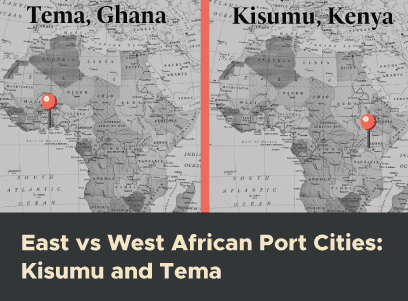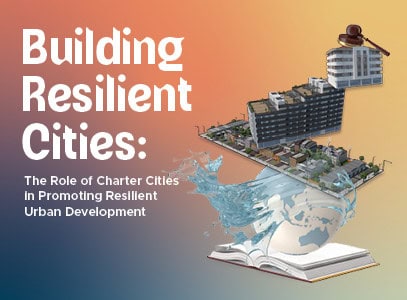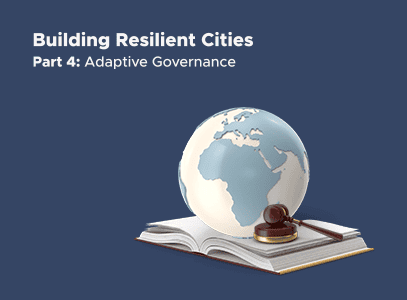
East vs. West: Comparing the African Port Cities of Kisumu and Tema
Introduction The defining story of the African continent in the twenty-first century is of rapid urbanization, with cities emerging as important centers of economic activity and social transformation. However, too often we hear only about the megacities of Africa, such as Lagos, Kinshasa, Addis Ababa,









